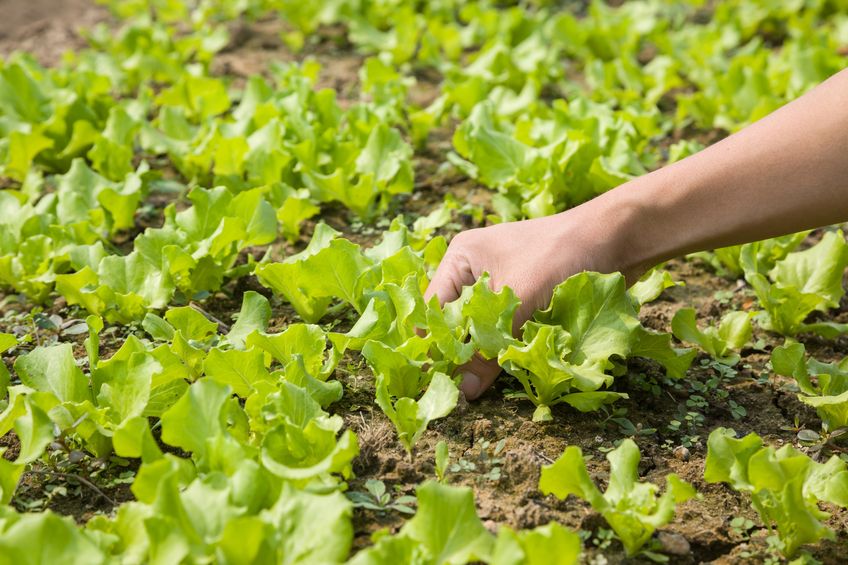
The amount of farm workers in Scotland has decreased to the smallest figure on record, with the latest data showing a drop of 1,900 since 2015.
Scotland's chief statistician largely attributed the fall to a drop in the number of working occupiers, which fell by 1,200, or 3.3%.
Figures on migrant workers, published for the first time this year, showed that 430,000 migrant working-days were reported during the year which is down by 7% on 2015.

NFU Scotland's Director of Policy, Jonnie Hall, said: "With farm incomes having halved in the past four years and declining levels of support, it is unsurprising but disappointing to see that many businesses are pruning back on full-time labour. Instead, they are opting to use family, part-time labour, machinery rings and contactors more and more."
Scottish Rural economy secretary Fergus Ewing said any move to limit migration, within or beyond the EU, had the potential to 'seriously harm' the Scottish rural economy.
"It is therefore vital that Scotland’s voice is heard loud and clear in negotiating Scotland’s interests and our relationship with EU."
'Devestating impact'
The NFU echoed Mr Ewing's call and said there would be a devastating impact on many farm sectors if access to migrant labour was lost.
The call came as many farmers up and down the country work around the clock to bring in the nation’s harvest.
After the UK’s decision to leave the EU, the NFU said its immediate concerns centred on farming’s ability to access essential markets as well as farmers being able to source essential labour and trade on a level footing with their competitors.
With some farming sectors, such as horticulture, relying heavily on non-UK seasonal and year-round workers, the NFU has today called for access to labour to be a key consideration in the on-going talks to shape a new domestic agriculture policy.
Last month, a briefing paper published by the Food Research Collaboration called for Britain to invest in its agricultural workforce to cope with changes in migration policy after Brexit.
